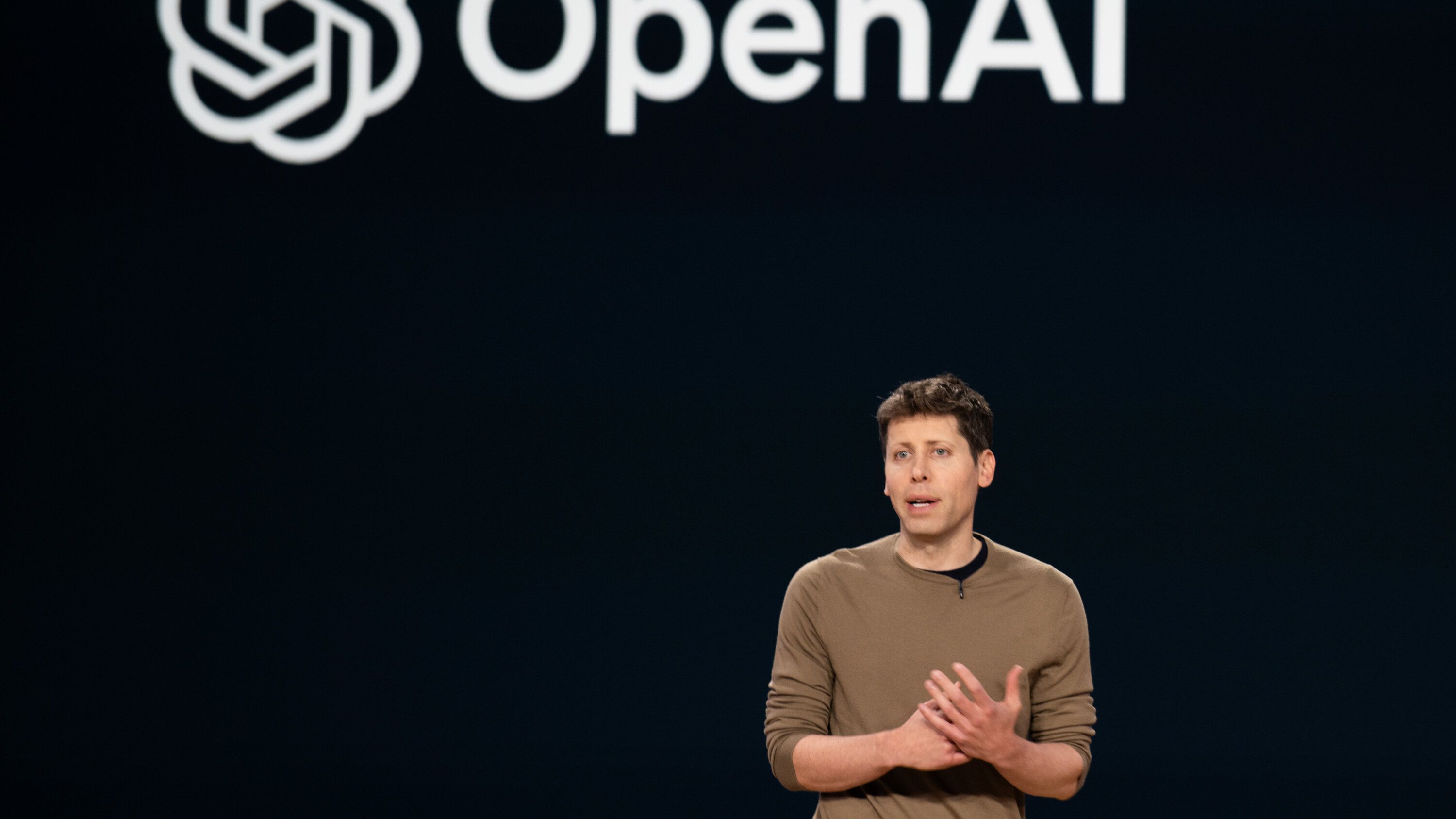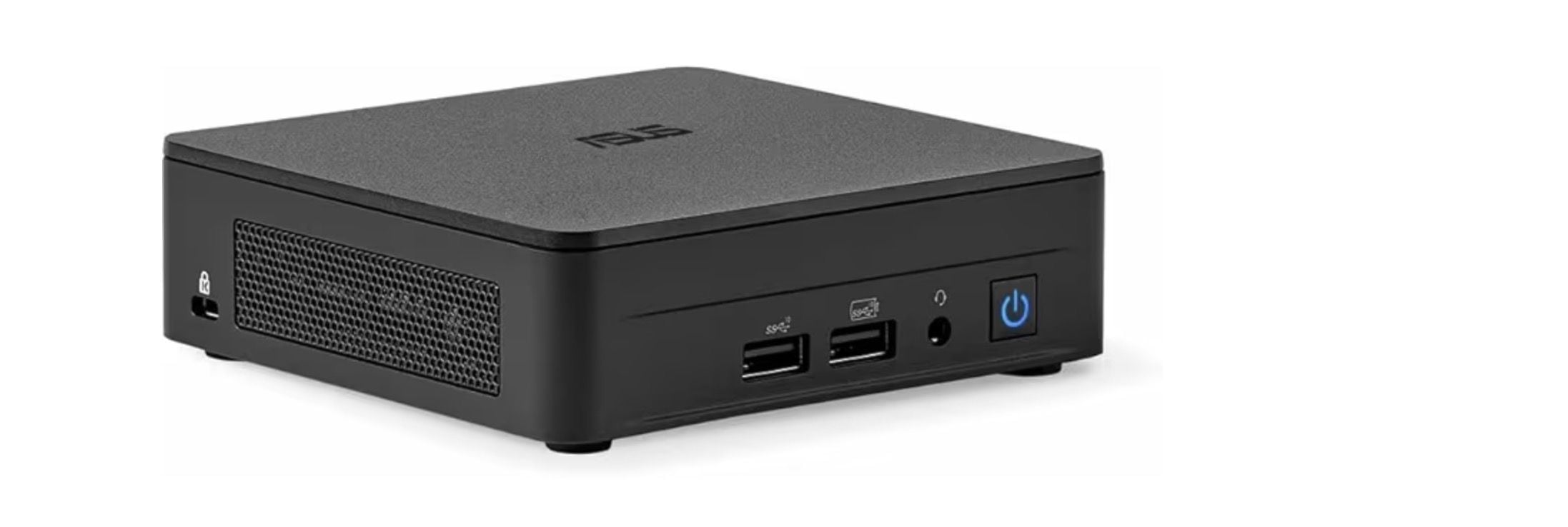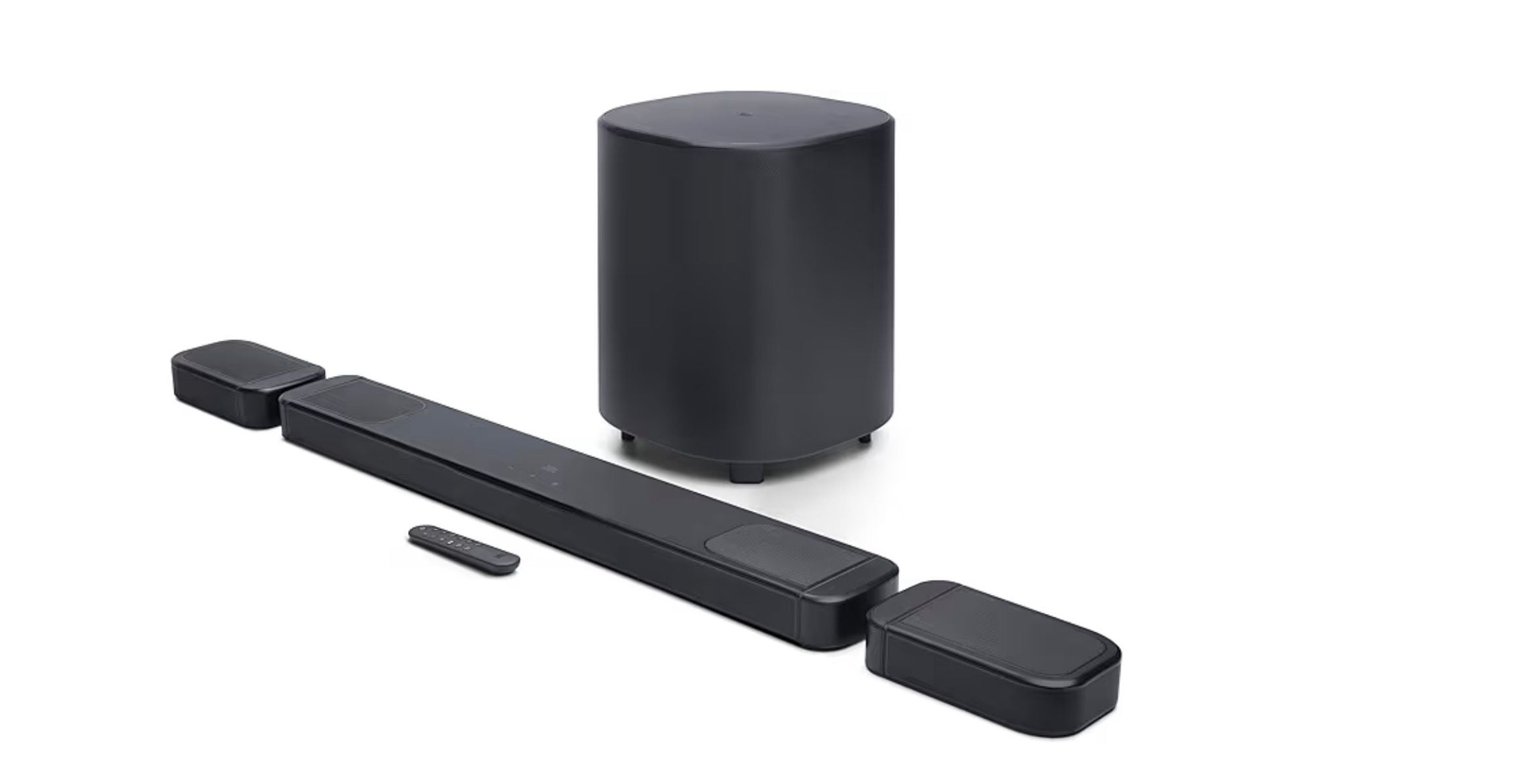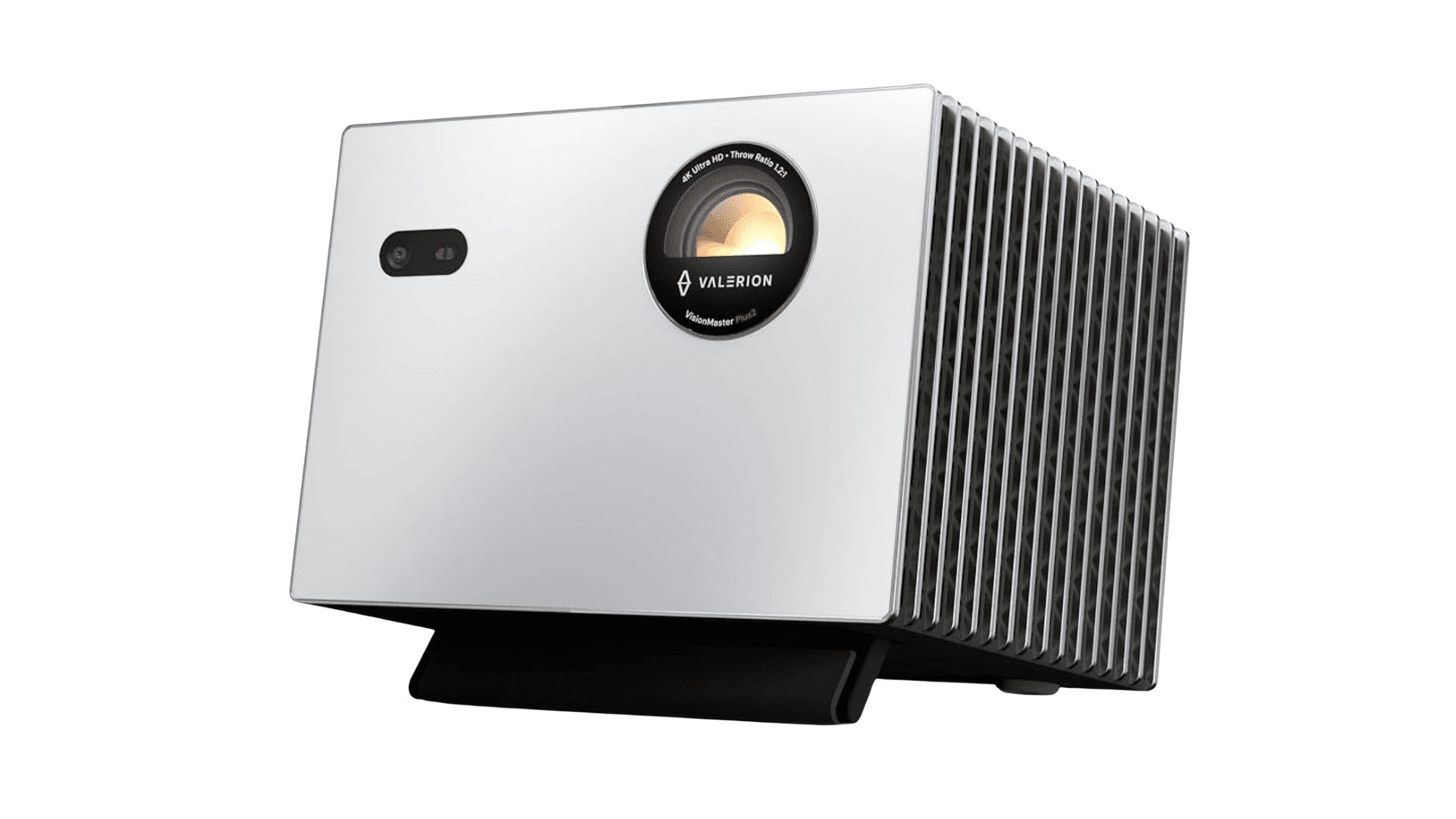OpenAI just dropped $10 billion on its latest bet against scarcity. The ChatGPT maker has partnered with Broadcom to develop custom AI chips, marking a massive pivot from its dependency on Nvidia's increasingly scarce graphics processing units. It's a move that screams both desperation and ambition in equal measure.
The deal, announced during Broadcom's earnings call, represents what CEO Hock Tan called a "one-time order worth $10 billion for AI server racks." According to multiple sources familiar with the arrangement, OpenAI is the mystery fourth customer that sent Broadcom's stock soaring nearly 11% in Friday trading. The chips are expected to arrive by summer 2026, with Broadcom forecasting the deal will significantly boost its revenue projections.
But this isn't just about one hefty purchase order. It's about OpenAI's mounting desperation to escape what amounts to a GPU prison that's been strangling its growth for months.
The numbers tell a stark story about OpenAI's appetite for compute power. The company now projects burning through a staggering $115 billion from 2025 to 2029, according to recent reports. That's $80 billion higher than previous estimates, with computing costs alone expected to exceed $150 billion over the same period. This year's projected burn rate of over $8 billion represents a $1.5 billion increase from earlier projections.
OpenAI's chip strategy isn't happening in isolation. The company has been on a spending spree that would make venture capitalists blush. Beyond the Broadcom deal, OpenAI recently struck a data-center agreement with Oracle worth more than $30 billion annually, plus a smaller contract with Google to alleviate computing shortages. There's also the ambitious Stargate project, a joint infrastructure initiative valued at up to $500 billion over four years.
The custom chip approach puts OpenAI in familiar company. Google has been shopping its own custom processors to data centers, while Amazon and Microsoft have both developed proprietary AI chips. Even Oracle announced plans to purchase more than $40 billion worth of Nvidia chips for its new data centers. It's an industry-wide acknowledgment that Nvidia's stranglehold on AI computing has become unsustainable.
The $10 billion bet represents more than just a hardware purchase. It's OpenAI's declaration of independence from the semiconductor supply chains that have constrained its ambitions. Whether this move pays off depends on execution, but one thing is clear: OpenAI is willing to spend whatever it takes to ensure it never runs out of computing power again.
For an industry built on the promise of exponential growth, that might just be the smartest $10 billion anyone has spent this year.















